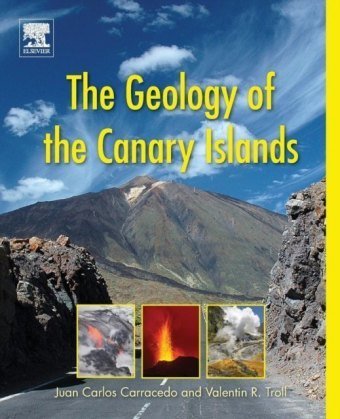The Geology of the Canary Islands provides a concise overview of the geology and volcanology of the Canary Islands, along with 27 carefully planned day excursions comprising trips on all of the islands. Each stop includes a description on how to approach a site and where to park with GPS locations provided. The book covers all the spectacular features of the islands, including active ocean island volcanoes whose origins are linked to a hot spot or plume causing anomalously hot mantle material to intrude the African plate, submarine volcanic sequences uplifted inside the islands, sub- aerial shield volcanoes, and the remains of giant lateral collapses. Through its clearly written and richly color-illustrated introduction and field guide, this book is essential reading for geologists who visit the Canary Islands, one of the largest and most fascinating active volcanic systems in Europe.



